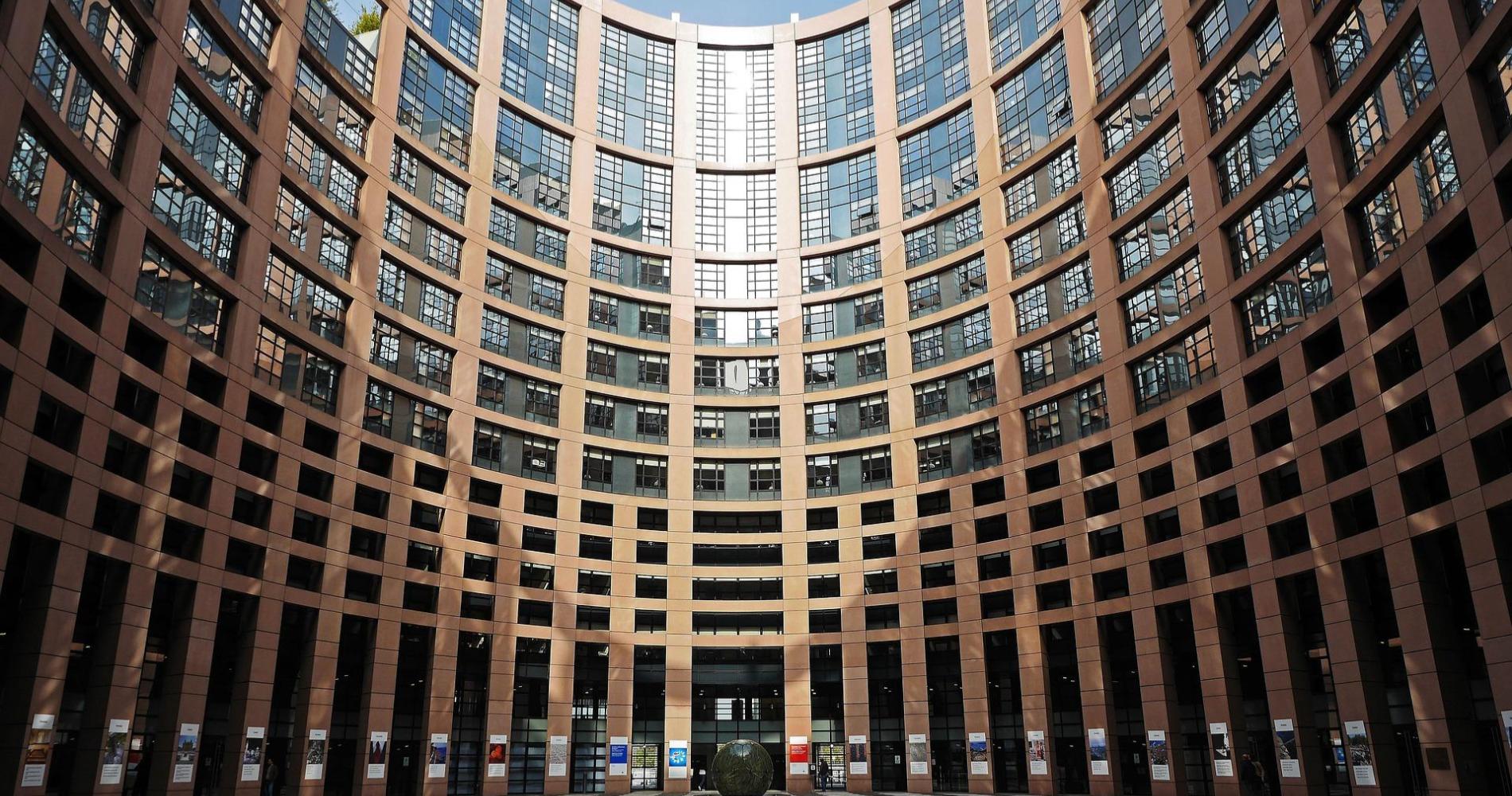The 2022 Global Terrorism Index has ranked the Czech Republic as a very low-risk country, aligning with the lack of significant terrorist activity in the Czech Republic throughout history and its relatively peaceful current reality. So what led the Czech administration to take preemptive measures against drone attacks, despite the lack of immediate danger? This unusual policy is established in a time of changes in the regional political climate, new responsibilities assigned to the Czech Republic within Europe, and shows forward-thinking applied by Czech leaders.
Recent regional threats have raised concerns of cyber-attacks in Europe. From an international point of view, the European Union remains concerned given regional conflicts, one of which is the evolving cyber-threat. The National Cyber and Information Security Agency (NUKIB) has recently issued a cyberattack “high” threat warning on critical infrastructures. More specifically, the attack would target the electricity distribution system operators. Reports show that drones are being used to conduct cyber-attacks. The ‘drone net’ attacks aim to gather intelligence, conduct network reconnaissance, and harvest account credentials from wireless access points.
To protect itself against such threats, the Czech Republic has prioritised legislation. In line with the European Aviation Safety Agency, the EU Commission has established new drone legislation on the basic principles for ensuring safety, security and privacy, and personal data protection. The Czech authorities have implemented the new EU regulatory framework by enforcing rules on countering drones and providing details on all restricted airspaces to UAS.
Additional improvements have also been made in the country’s military. Czech Republic’s armed forces have been present in various foreign operations deployments for many years. A strategically located country with a ten million population has budgeted $4 billion for FY2022 for its armed forces. Being the 8th strongest military power, it has announced the acquisition of up to 24 new F-35s for its Air Force. Modernising its armed forces will accompany substantial investment in innovations, research, and counter-drone technology development. Most recently, a joint venture with the Czech Technical University of Prague has developed a C-UAS solution for airport airspace protection to track a drone intrusion and possible threats.
The country has for many years held peaceful ties with all its neighboring countries – Germany, Poland, Austria, and Slovakia. Some of that peace has been interrupted since the recent European migrant crisis from Syria and Ukraine, raising concerns about possible threats for the Czech government. Attempting to alleviate the concerns prompt by the 350,000 Ukrainian refugees entering the country, the Czech Republic has taken serious initiatives in border protection plans and anti-drone intrusion countermeasures.
An additional significant change in the Czech Republic’s regional reality is its appointment as President of the EU Council, a six-month term that started in June 2022. It is the second time in history that the country has held the presidency, after its first rotation back in H1 of 2009. By keeping this prestigious position, the Czech Republic’s intention to support developments and promote innovations in the field of counter-drone solutions will, without a doubt, resonate with neighbouring countries. Along with the Czech Republic’s decision to sky lock the airspace over its capital, Prague, new regulations can potentially lead other nations to implement similar policies, creating new local and regional realities and affecting the relationships between EU members.

